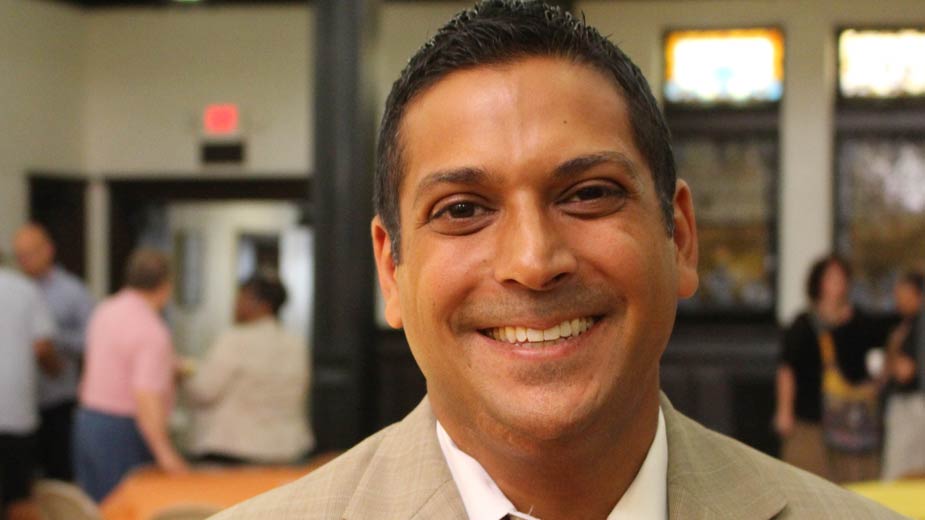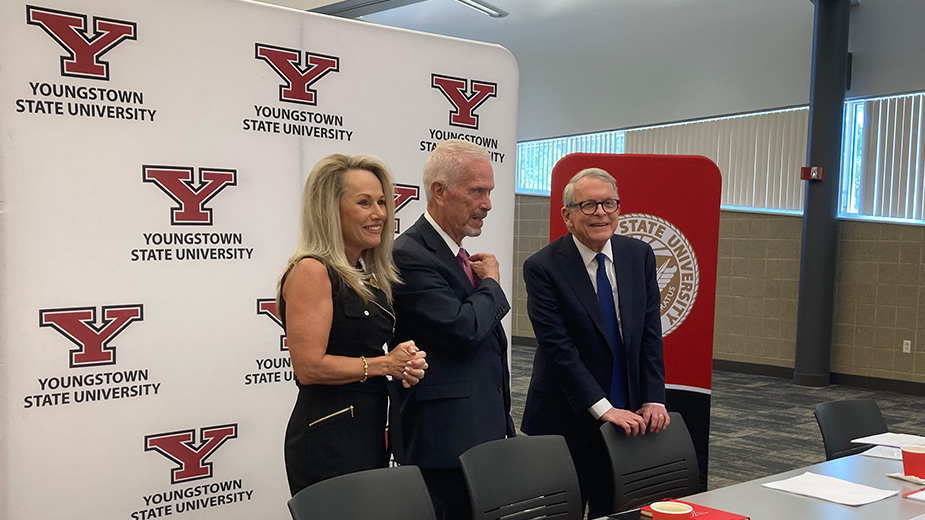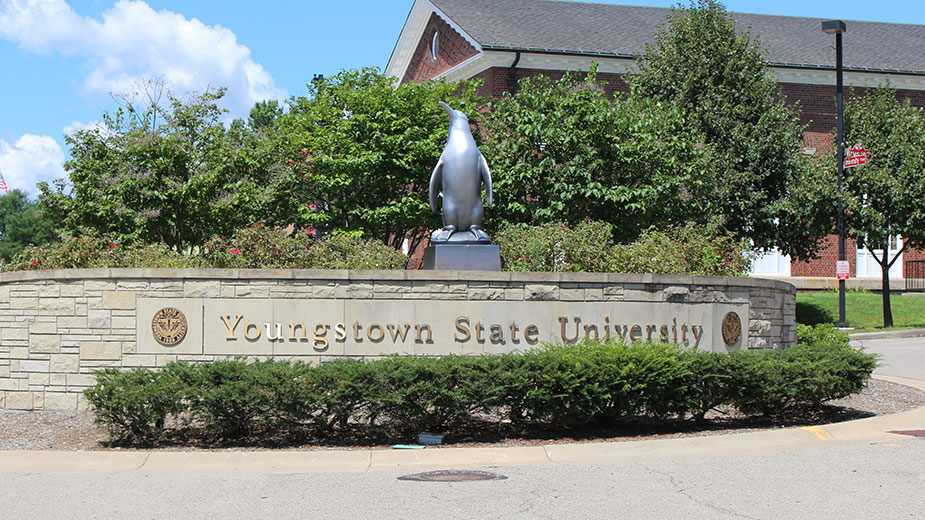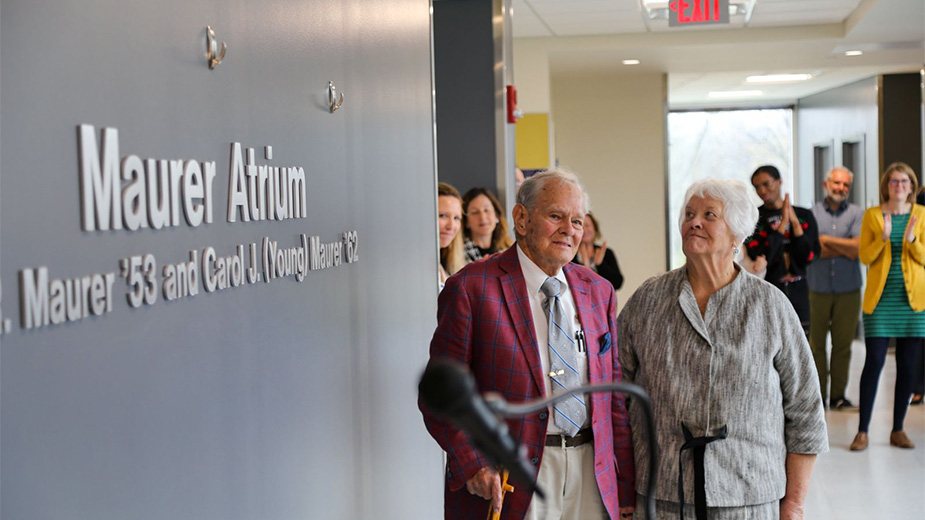Mohip, Supporters Reflect on Schools’ Progress
YOUNGSTOWN, Ohio – Youngstown City Schools CEO Krish Mohip recalls an encounter of more than a year ago when he was in town to interview for the post he now holds.
About 45 minutes before the interview – for the post he was still weighing whether to proceed with – he talked with a mother who had children in the district.
What stuck with him wasn’t what she said, but the look of hopelessness in her face.
“It was like nothing I had ever seen,” Mohip said at a media event Thursday morning that marked his first year as CEO.
Having worked in some of Chicago’s worst schools and having interviewed across the country, “I had never seen that type of hopelessness, where the parent already felt defeated and that the child was not going to be successful,” he said.
That encounter made him realize Youngstown was where he wanted to be. A year later, although he said resistance to the change he represents was greater than anticipated, he no longer sees that despair in parents’ eyes.
“It’s not something you can tangibly put on a report or anything like that. What I do see is hope,” he said. People believe the district is turning around.
Mohip’s hiring as Youngstown schools CEO followed passage of House Bill 70 in 2015. A provision popularly known as the Youngstown plan created the position of CEO, essentially taking operational control of the system from the Youngstown Board of Education. A panel of five, also created by the legislation, hired Mohip.
“It’s so imperative that we as a community stand behind Mr. Mohip and his team and plan,” 7th Ward Councilwoman Basia Adamczak, chairwoman of council’s education committee, said.
The councilwoman detailed several programs instituted over the past year, including an after-school program that extended instructional time for students while providing them with dinner and a snack as well. During the past year, students in the program showed two years’ growth in reading and three-fourths of a year’s growth in mathematics. This fall, the district will extend preschool to all days five days per week from four half-days previously, she said.
Adamczak, a mother of two young girls, shared an example of how the district’s programs benefited her personally. The elder of her two daughters, who had been getting B’s, C’s and D’s, finished this school year with A’s, B’s and only one C because of the after-school programs, tutors and school staff.
“We cannot go back to the status quo,” she declared.
Diane Gonda, of AmeriCorps Vista, discussed Project MORE – for Mentoring in Ohio for Reading Excellence – an Ohio Department of Education program implemented at Taft Elementary School this past academic year.
Originally developed for students with disabilities and at-risk students, Project MORE connected Taft students with volunteers for one-on-one half-hour sessions during nonteaching hours such as early-morning breakfast and recess.
“We’re reaching students who never had success with reading,” Gonda said. “We’re reaching students who have completely shut down, who will take a test and fill out any old answer because they’ve quit caring long ago.”
Just from October through December, she reported, reading levels for students in fourth through sixth grades increased a median of one grade level, she reported. This fall, the project will go into all nine elementary buildings.
“There’s definitely been some resistance along the way. There’s a lot of fear and anxiety with House Bill 70,” Mohip said.
Critics of H.B. 70, passed by both chambers of the Republican-dominated Ohio General Assembly and signed by Gov. John Kasich, feared that the law was a precursor to dissolving the school district and establishing charter schools.
“Change is not easy,” said Maria Pappas, a former principal in the school system and a member of the City of Youth Leadership Council, a group formed to support Mohip and his initiatives.
“Everyone resists change, but the moment I heard him speak I knew that Youngstown was not going to be converted into charter school,” she said. “He chose the hard way, reform.”
Mohip described himself as a “traditionalist” on public education.
“I believe in public education. I’m not here to bring charters. I’m not here to fire anybody,” he said. “I’m here to really reinvest in our teachers, to reinvest in the leadership and build something that is sustainable, that is going to continually improve for decades to come.”
Copyright 2024 The Business Journal, Youngstown, Ohio.



